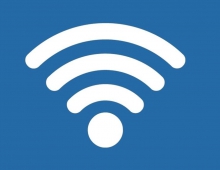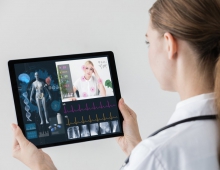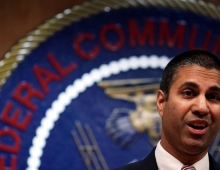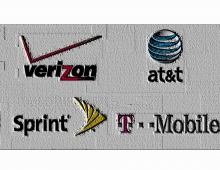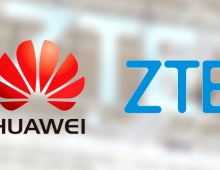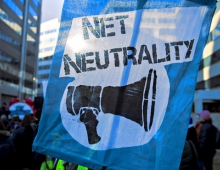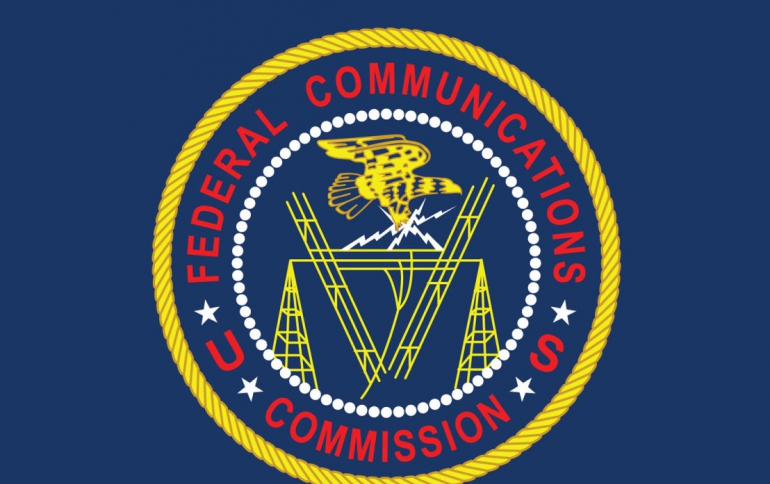
FCC Proposes Use of Different Spectrum For wi-Fi and Autos
U.S. Federal Communications Commission (FCC) Chairman Ajit Pai proposed reallocating to mobile devices airwaves long assigned to vehicle safety while preserving some of the spectrum for carmakers planning to deploy new technology.
“We want to move on from something we’ve tried for a long time that wasn’t working, and open the door to new and exciting opportunities,” Pai said. “After 20 years of seeing these prime airwaves go largely unused, the time has come for the FCC to take a fresh look.”
Pai set a Dec. 12 vote on his proposal, which would commence a months-long comment period on giving Wi-Fi gadgets access to 60% of the airwaves reserved for auto safety in 1999. Automakers would retain use of the remainder.
There has been a division between companies such as Toyota Motor Corp. that have already invested in the old technology and a growing number of others, including Ford Motor Co., that back the newer system that they say performs better.
Pai’s plan would devote most of their remaining portion of the spectrum to the new cellular-based safety technology that several have recently embraced. The remaining slice would be used for either the new system or for an older accident-avoidance technology.
Ford announced earlier this year that it would outfit all its new U.S. models starting in 2022 with newer cellular vehicle-to-everything technology. Toyota, meanwhile, halted in April plans to deploy the older systems in 2021 citing dwindling support from regulators and other carmakers.
However, Toyota said in a statement on Wednesday that it remains committed to the older technology and that the entire spectrum band currently allocated for auto safety should remain available to them.
The Alliance of Automobile Manufacturers issued a statement asking the FCC to refrain from sharing the frequencies with non-safety devices “until test results clearly indicate that sharing with unlicensed devices can occur without harmful interference.”
The 5G Automotive Association, a group that backs the new cellular safety system, applauded Pai’s proposal.
“Extensive crash avoidance testing continues to demonstrate that C-V2X technology will deliver safety benefits to the American public,” said the group. It represents most major automakers including Ford Motor Co., Volkswagen AG and Honda Motor Co., in addition to wireless companies such as Verizon Communications Inc. and gear makers Samsung Electronics Co. and Qualcomm Inc.



